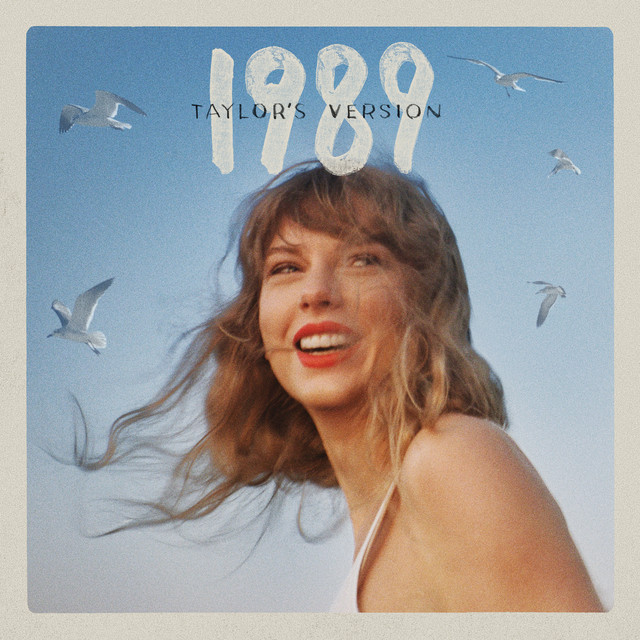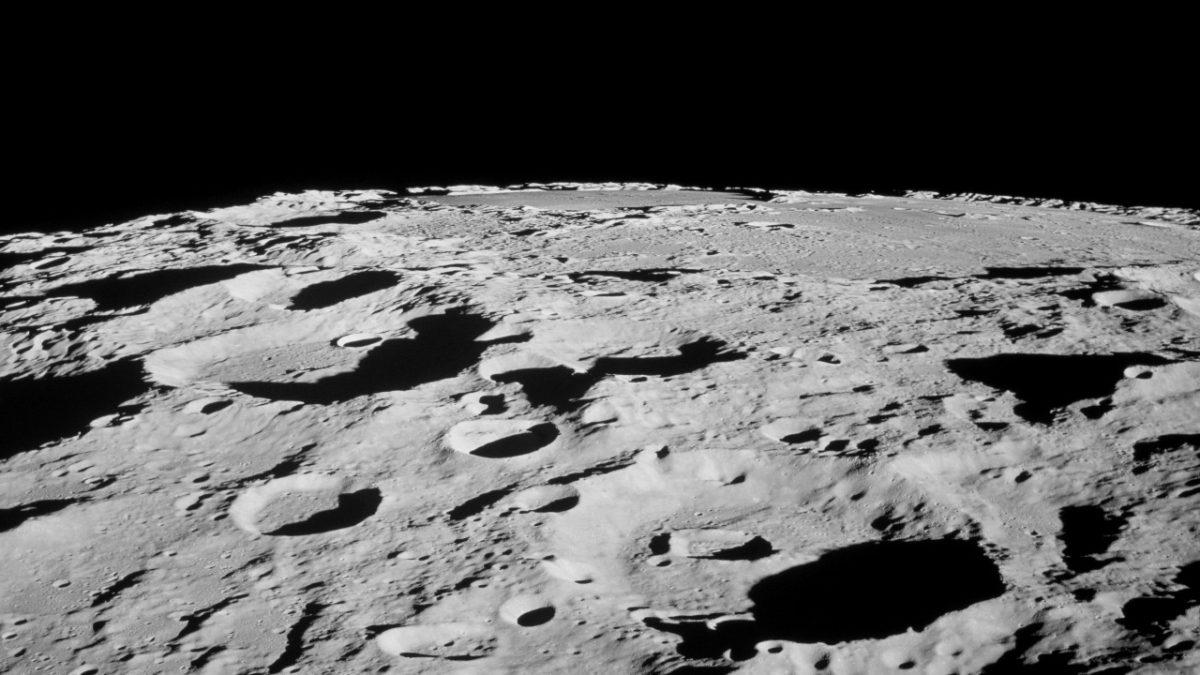“The Game Changers” is a 2019 documentary that follows the journey of former mixed martial artist James Wilks as he explores the benefits of a plant-based diet. This documentary has garnered a large amount of attention as it challenges the notion that people need to have animal products in their diet to be healthy nor that athletes need to eat meat to perform at a high level.
What this documentary did best was to debunk the myth that you can’t be a high performing athlete without animal protein. Animals that we eat like pigs, chickens and cows get all of their protein from plants, and humans can just as easily do the same.
The documentary gave more than enough examples to hammer in this point: ultramarathon runner Scott Jurek breaking the record for fastest run across the Appalachian Trail, Olympic cyclist Dotsie Bausch setting personal records as the oldest on her team, Morgan Mitchell sprinting at the Olympics, Kendrick Farris competing as an Olympic Weightlifter, Patrik Baboumian setting strongman records and flipping a car, Bryant Jennings being a heavyweight boxer and lasting in the ring with some of the best and the Tennessee Titans having one of their best seasons when 14 of their players switched to a plant-based diet.
Also important to the documentary were the studies that showed a positive correlation between meat consumption and cardiac disease—an important point considering Wilks’ hero, his father, had a heart attack after a lifetime of a Western diet consisting of various meat products.
Wilks also ends the documentary with talking about the vast environmental impacts that an animal-based diet has. By farming animals for consumption, humans must also farm large amounts of food that is solely used to feed farm animals, thus requiring large amounts of habitat destruction in order to occupy enough land to feed the animals that feed us. This is on top of the vast antibiotic usage in factory farming and the large amounts of greenhouse gases released from farming animals.
Though all of those points were thought provoking and brought attention to the issues of an animal diet, there were several points made throughout that had no relevance. Wilks pointed to a study from 2014, as have many advocates of a plant-based diet, that analyzed the bones of 22 gladiators dating back to the second and third century AD. The study is often cited as finding that gladiators ate beans and barley, except the study itself states that “the individuals from the gladiator cemetery were a very heterogeneous group who consumed different kinds of foods.” This makes sense since gladiators were often slaves of war or the poorest Roman citizens, thus they were not being fed the best diets of the time.
Another fallacy that the documentary pushed was that humans are not designed to eat meat based off of archaeological evidence. However, humans are omnivorous and will eat whatever is plentiful. In the same way that the gladiators ate what was given to them, early humans ate what was most plentiful. This is why there are many indigenous tribes in northern latitudes who have eaten an almost exclusively meat based diet for many generations, or the Masai tribe in Tanzania who have lower blood pressures and better lipid profiles than the average person despite having a diet almost entirely based on meat and milk.
The third, and the most important error I found in the documentary is that all plant-based diets are treated the same. One scene showed the Titans after a game going to Derrick Morgan’s house to have a plant-based dinner made by his wife consisting of macaroni with vegan cheese, soy protein chicken wings and peanut butter cheesecake. Another scene found that the protein composition of a peanut butter sandwich was similar to that of three large eggs.
However, these scenes take out the nuance of the debate. A 2018 study titled “Healthful and unhealthful plant-based diets and the risk of coronary heart disease in US adults” found that although a healthful plant-based diet reduces risk of heart disease, an unhealthful plant-based diet can also be a contributor to coronary heart disease. This makes sense, since dipping Oreos into peanut butter and washing it down with a gallon of oat milk can’t possibly be as healthy as an egg white omelet or a grilled salmon.
Finally, the documentary fails to provide any guidance for individuals receiving all the proper macronutrients and vitamins that they should be. Professional athletes are given professional help in their diet, while someone who watches a Netflix documentary and simply takes the meat off of their dinner plate will not necessarily still become healthy from resorting to the salad that was left behind.
Though the documentary lacks nuance in certain ways, it shines in debunking the myth that an individual on a plant-based diet cannot be healthy or strong. The documentary has stirred a lot of conversation, has made many people reexamine their dietary choices and has confirmed what we all already knew: western diets should probably have more veggies in them.




































